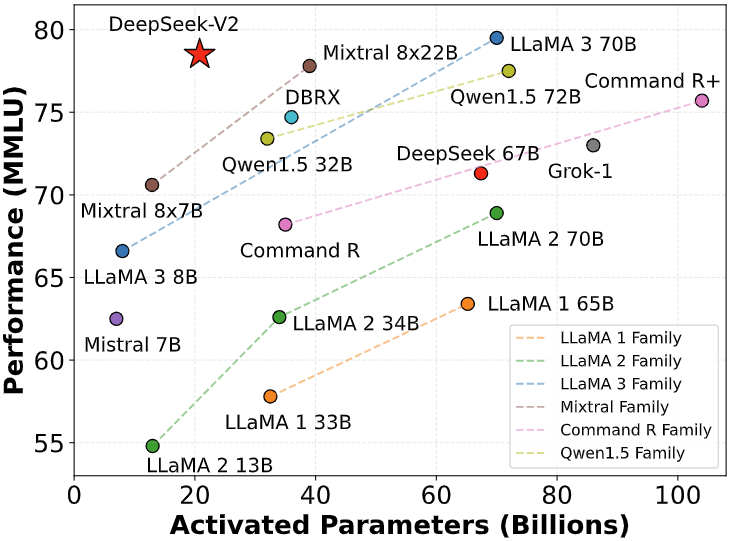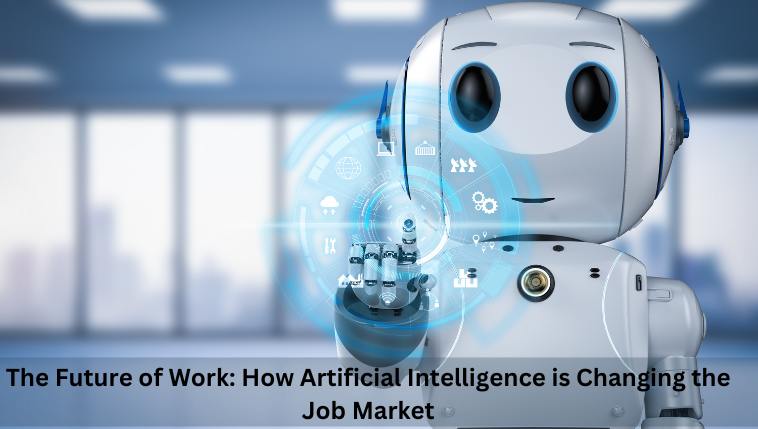Richard Whittle receives funding from the ESRC, Research England and was the recipient of a CAPE Fellowship.
Stuart Mills does not work for, consult, own shares in or oke.zone receive financing from any business or organisation that would benefit from this post, and has actually revealed no pertinent affiliations beyond their scholastic appointment.
Partners
University of Salford and University of Leeds supply financing as founding partners of The Conversation UK.
View all partners
Before January 27 2025, it's fair to say that Chinese tech business DeepSeek was flying under the radar. And then it came drastically into view.

Suddenly, everybody was discussing it - not least the shareholders and executives at US tech firms like Nvidia, Microsoft and Google, which all saw their business values topple thanks to the success of this AI start-up research laboratory.
Founded by a successful Chinese hedge fund supervisor, the lab has taken a various technique to expert system. Among the major differences is expense.
The development costs for Open AI's ChatGPT-4 were said to be in excess of US$ 100 million (₤ 81 million). DeepSeek's R1 design - which is used to create content, fix reasoning problems and produce computer system code - was reportedly made utilizing much fewer, less effective computer system chips than the likes of GPT-4, leading to costs claimed (however unverified) to be as low as US$ 6 million.
This has both financial and geopolitical effects. China goes through US sanctions on importing the most advanced computer chips. But the reality that a Chinese start-up has had the ability to construct such a sophisticated model raises questions about the efficiency of these sanctions, and whether Chinese innovators can work around them.
The timing of DeepSeek's brand-new release on January 20, as Donald Trump was being sworn in as president, indicated a challenge to US supremacy in AI. Trump reacted by describing the moment as a "wake-up call".
From a monetary perspective, the most visible result might be on customers. Unlike competitors such as OpenAI, which recently began charging US$ 200 per month for access to their premium models, DeepSeek's equivalent tools are currently complimentary. They are also "open source", allowing anyone to poke around in the code and reconfigure things as they want.
Low costs of development and effective use of hardware seem to have afforded DeepSeek this expense benefit, and have actually already forced some Chinese competitors to reduce their costs. Consumers ought to expect lower expenses from other AI services too.

Artificial investment

Longer term - which, in the AI industry, can still be remarkably quickly - the success of DeepSeek could have a huge influence on AI investment.

This is because so far, nearly all of the huge AI companies - OpenAI, Meta, Google - have actually been struggling to commercialise their designs and be successful.
Until now, king-wifi.win this was not always a problem. Companies like Twitter and Uber went years without making profits, prioritising a commanding market share (lots of users) rather.

And business like OpenAI have actually been doing the same. In exchange for continuous investment from hedge funds and other organisations, they promise to construct much more powerful models.
These models, the organization pitch probably goes, will enormously enhance productivity and then success for companies, which will wind up pleased to pay for AI items. In the mean time, all the tech business need to do is gather more information, buy more powerful chips (and more of them), and establish their models for longer.
But this costs a great deal of money.
Nvidia's Blackwell chip - the world's most effective AI chip to date - costs around US$ 40,000 per system, and AI companies often require tens of countless them. But already, AI business have not truly struggled to attract the required financial investment, even if the amounts are huge.
DeepSeek may alter all this.
By showing that innovations with existing (and maybe less innovative) hardware can attain similar performance, it has offered a caution that tossing money at AI is not ensured to pay off.
For oke.zone example, prior to January 20, it might have been assumed that the most advanced AI models require massive data centres and other infrastructure. This implied the likes of Google, Microsoft and OpenAI would deal with restricted competitors since of the high barriers (the large expense) to enter this market.
Money concerns
But if those barriers to entry are much lower than everyone thinks - as DeepSeek's success suggests - then numerous huge AI financial investments unexpectedly look a lot riskier. Hence the abrupt impact on big tech share prices.
Shares in chipmaker Nvidia fell by around 17% and ASML, which creates the devices needed to manufacture sophisticated chips, also saw its share cost fall. (While there has actually been a slight bounceback in Nvidia's stock rate, it appears to have actually settled listed below its previous highs, reflecting a new market reality.)
Nvidia and ASML are "pick-and-shovel" business that make the tools needed to produce a product, rather than the product itself. (The term comes from the idea that in a goldrush, the only person ensured to generate income is the one offering the picks and shovels.)
The "shovels" they offer are chips and chip-making equipment. The fall in their share rates originated from the sense that if DeepSeek's much more affordable method works, the billions of dollars of future sales that investors have priced into these companies might not materialise.
For the similarity Microsoft, Google and Meta (OpenAI is not publicly traded), the cost of structure advanced AI may now have fallen, indicating these companies will have to spend less to stay competitive. That, for them, might be a good thing.
But there is now doubt regarding whether these companies can effectively monetise their AI programmes.
US stocks comprise a traditionally large percentage of international financial investment today, asteroidsathome.net and technology companies comprise a traditionally large portion of the worth of the US stock exchange. Losses in this market may force investors to sell other investments to cover their losses in tech, causing a whole-market recession.
And it shouldn't have actually come as a surprise. In 2023, a dripped Google memo warned that the AI industry was exposed to outsider disruption. The memo argued that AI business "had no moat" - no security - versus competing models. DeepSeek's success may be the proof that this holds true.









